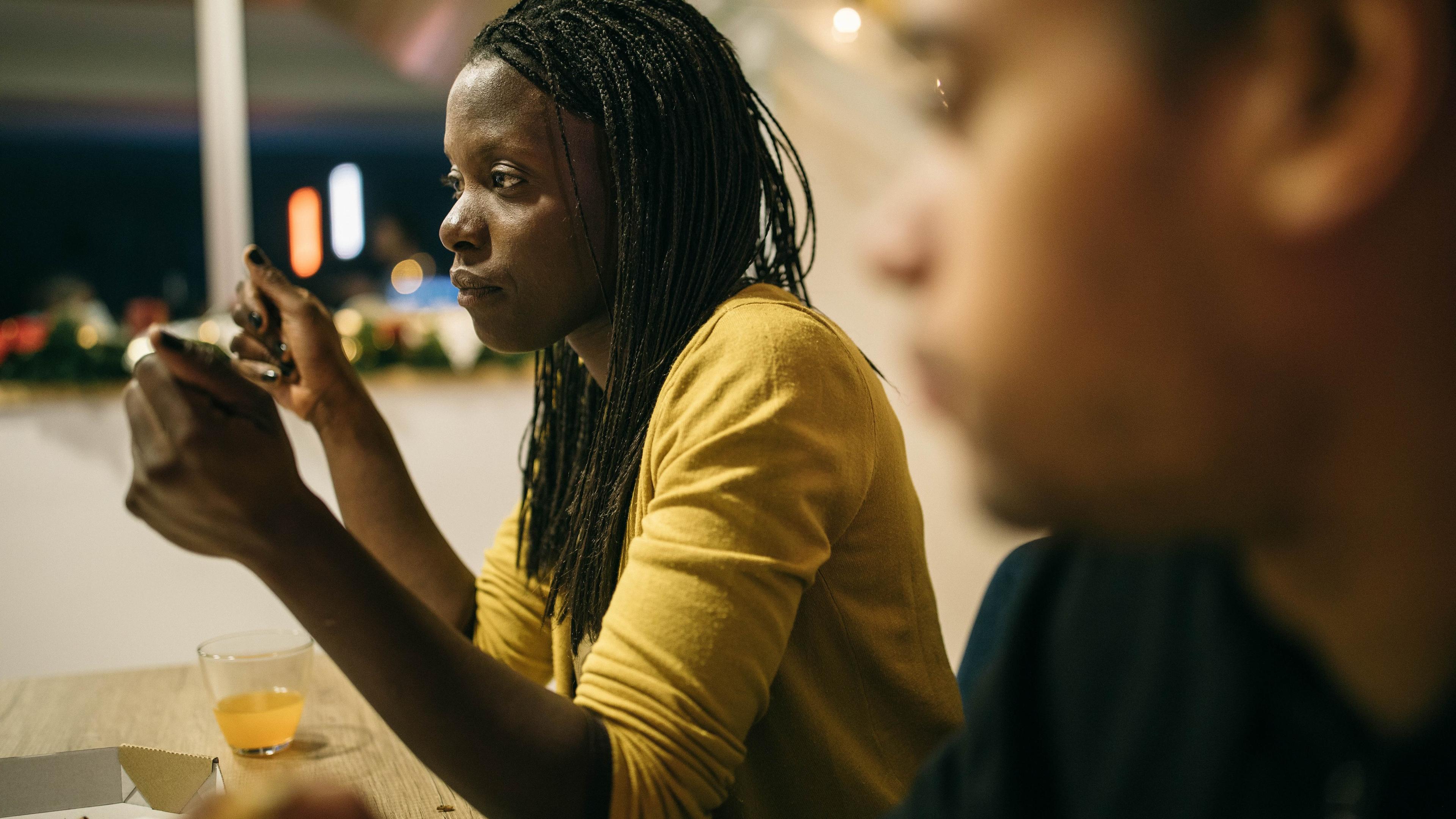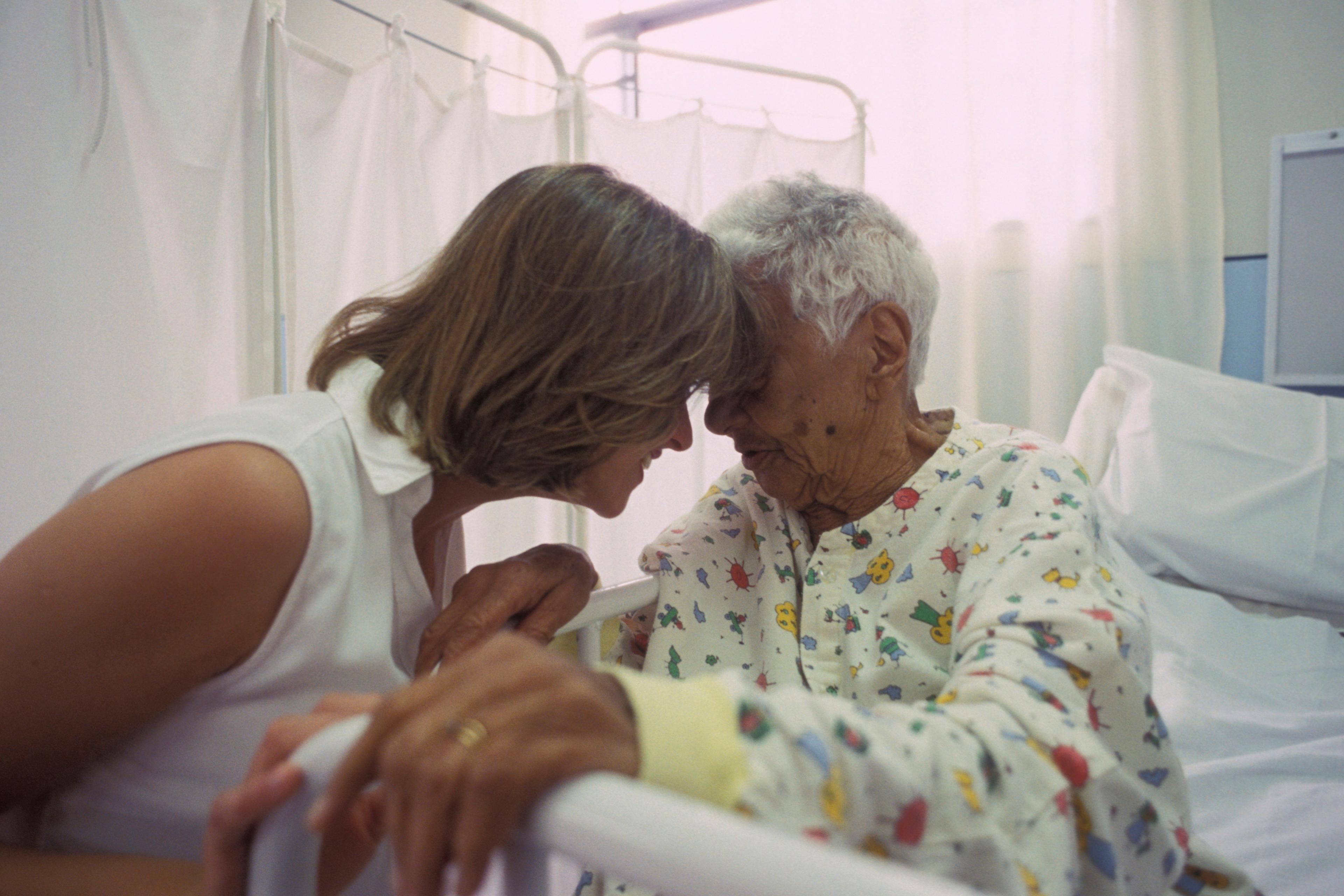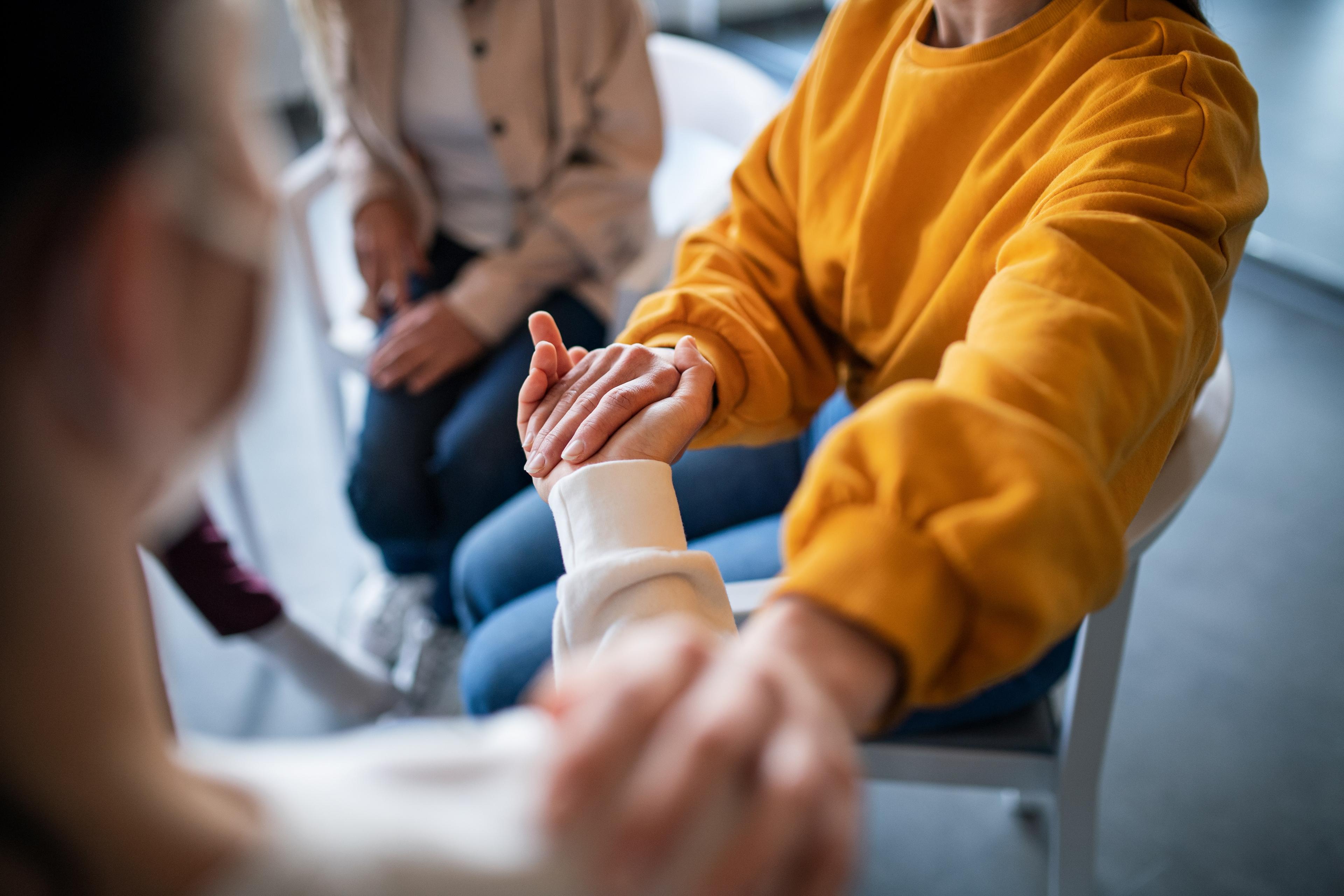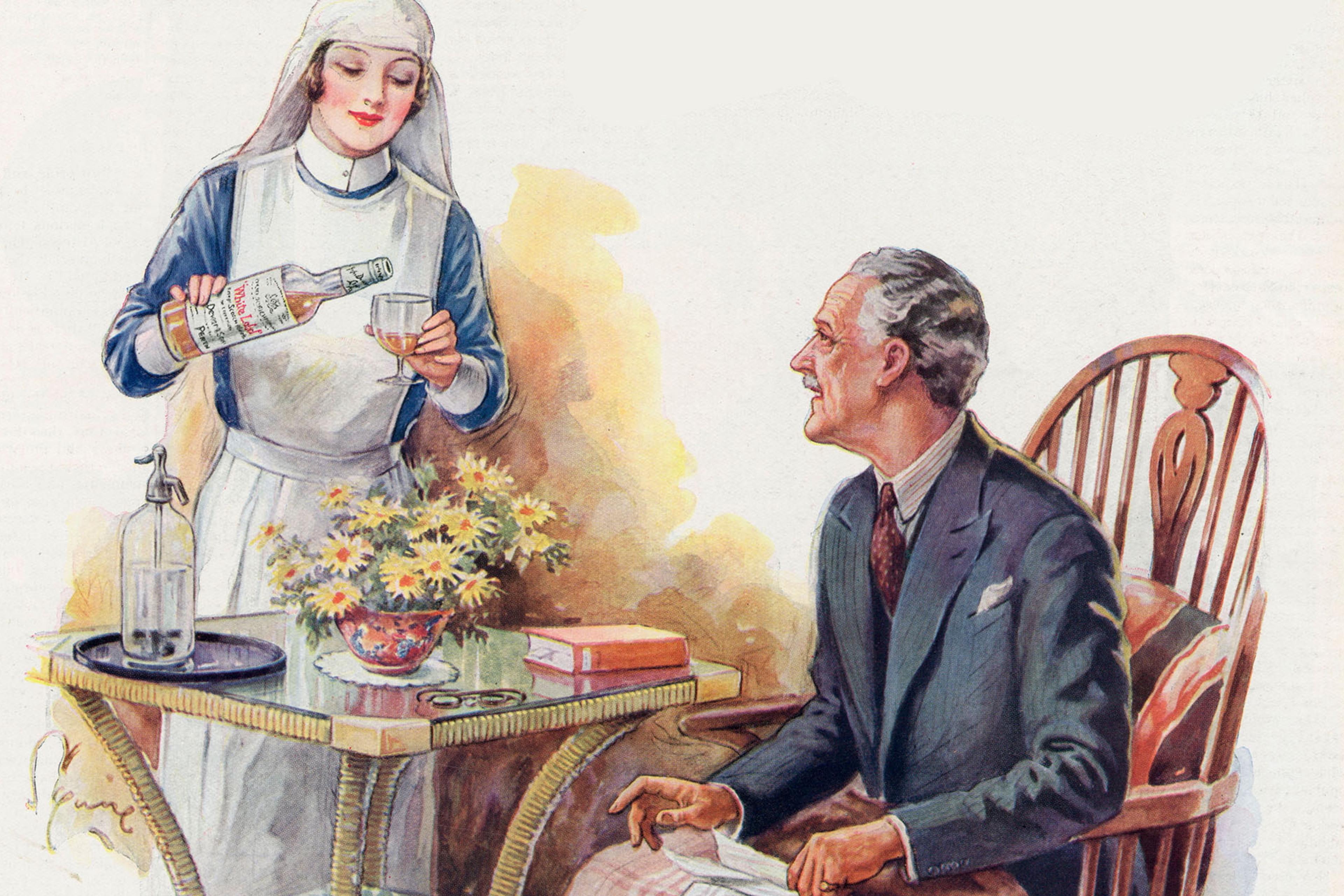We all experience physical pain. While some causes of, and remedies for, pain are obvious – eg, I wasn’t careful chopping onions and now I need a bandage, or I celebrated a bit too much last night and now I need water and a nap – the types of pain that can be experienced are diverse and, in some cases, poorly understood. Sometimes, the source of one’s pain isn’t obvious, especially when it lasts a long time, and can’t be treated by a quick trip to the medicine cabinet. In such cases, treating pain may require conceiving of it not as simply a physical condition but a mental one too.
Many such treatments conceive of pain under a biopsychosocial model. According to this model, experiences of pain go beyond the purely physical: in particular, your mental state impacts your feelings of pain, which can make such feelings better or worse. This model also suggests a possible avenue of treatment, namely one that addresses negative psychological effects in order to help alleviate your experience and perception of pain. Effective treatment of the psychological aspects of pain thus relies on your self-knowledge, specifically the knowledge you have about your negative thoughts, experiences and beliefs regarding the severity of your condition and potential to get better.
It might seem like acquiring this self-knowledge is easy: how hard is it, after all, for me to know what I’m thinking and feeling? However, I think there can be two obstacles that can prevent you from acquiring and accurately reporting self-knowledge when it comes to your own experiences of pain. The first is psychological – being in pain can tax one’s cognitive resources – and the second is epistemic – experiences that accompany being in pain can provide you with misleading information about the nature and extent of your pain. It can, then, sometimes be difficult for you to acquire knowledge about yourself. This points to a potentially surprising conclusion: we can turn to others, especially close friends and family, to make it easier to know things about what seem to be fundamentally personal experiences.
According to traditional conceptions of self-knowledge, obtaining self-knowledge is easy because we have privileged and direct access to the contents of our own minds: privileged, because we are seemingly in the best position to know what’s going on in there, and direct because the method by which we come to acquire self-knowledge – often thought of as the result of introspection – provides that knowledge, without the need for any kind of interpretive work on our part. According to this picture, introspection requires little effort and is rarely mistaken: since my beliefs and my feelings are my own, and accessible only to me, I am the ultimate authority on my own mind.
However, few today hold the view that we are never mistaken when it comes to what’s going on in our minds. We possess unconscious and implicit biases, we are often poor judges of our own character traits, and we can fail to predict what will make us happy and sad. There are also times when we confabulate (ascribing to ourselves beliefs and thoughts that we do not possess) and others when we experience cognitive dissonance (ascribing to ourselves views that we don’t actually hold in the service of maintaining some level of consistency). Gaining self-knowledge takes work.
Being in pain can make acquiring self-knowledge even more difficult, not only because it makes it more effortful, but also because it can make your beliefs less accurate. For instance, those with conditions that produce pain for extended periods might catastrophise (ie, worry excessively and view their situation as catastrophic), ruminate (ie, fixate on pain-related thoughts), and have false beliefs about the amount of control they have over their experiences of pain. Acquiring self-knowledge as a means to effective treatment, then, requires that you be able to ignore misleading evidence with regards to your condition and experiences of pain. One way to do this is to turn to others to help you gain knowledge about yourself.
Looking to others is not such a wild idea. After all, there is a lot of information about ourselves that other people are in a better position to know than us: whether we are popular or unpopular, patient or prone to anger, are the life of the party or a bit of a wet blanket. There are even times when others know our emotions better than we do. Consider a case in which you’re having a disagreement with your partner, who then tells you that you are getting upset. You may insist that you are not upset, but it is easy to imagine situations in which this assessment is mistaken. Your partner might know what you are feeling better than you do.
We might think, though, that pain is a different matter. After all, feelings of pain seem to be immediate and sensory. How could it be, then, that others could know our pain experience better than we know it ourselves?
Recall that, according to the biopsychosocial model, physical experiences of pain are not completely separate from your emotions, beliefs and other cognitive states. If you can have false beliefs about your negative thoughts and feelings about your own pain experiences, then there is also reason to think that someone else could help you gain more accurate beliefs about those thoughts and feelings. This is not to say that someone else can better know my phenomenological experience of pain: there is, perhaps, a fundamental ‘what it’s like’-ness about myself and my experience that can never be known by anyone but me. But given that a biopsychosocial model conceives of pain as something more than mere sensation, it is possible that important aspects of our experiences of pain are ones that we can be mistaken about, and that others could potentially know better than us.
Take an example. We say to the crying child who has scraped their knee that they are overreacting, and that it does not hurt as much as they are making it out. This is not necessarily a claim that the child is lying; it is a claim that they just are not in as much pain as they may think they are. Or consider how your hatred and fear of the dentist can make the experience of a thorough plaque removal seem more painful and traumatic than it actually is: in such a case, your mental state may exacerbate your experiences of pain. There are also cases in which you may believe you’re in less pain than you actually are: your competitive spirit, for example, might prevent you from fully appreciating the pain you’re in as the result of an injury in the middle of a big game.
Appealing to others to help manage your own experiences of pain can potentially provide you with more accurate self-knowledge in two ways. First, doing so can help you overcome the epistemological obstacles to acquiring self-knowledge: since others might not share the false beliefs of the person experiencing pain, and are not presented with the same kinds of potentially misleading evidence, they might be able to help the pained person make a more accurate assessment of their pain, as well as their ability to cope and improve. Second, by having the task of acquiring accurate self-knowledge partially delegated to others, you can better overcome the psychological obstacles to acquiring self-knowledge, as they do not have to bear the full cognitive load by themselves.
Of course, none of this is to say that just anybody is a better judge of your pain than you are: people you are closest to are likely in a better position to help you more accurately report what you’re feeling than a stranger. I’m also not here suggesting that you always consult with someone else to figure out how severe your pain is – if I cut myself while chopping onions (again), I don’t need to turn to my partner, bleeding finger outstretched, and ask how much it hurts. Nor am I suggesting that others who are closest to us always know better than we do: there are many times when others can fail to recognise our very real experiences of pain, and can simply be wrong if they say our pain isn’t as bad as we’re making it out to be.
What I am suggesting is that turning to those close to us to help acquire self-knowledge can be helpful when it comes to more demanding pain-management tasks. What might this look like in practice? If you are engaged in a long-term cognitive restructuring project to help manage prolonged experiences of pain, for example, having those who are close to you provide input on your mood and emotions could help produce a more accurate picture of your pain. You could also seek the input of others when it comes to experiences that you know are liable to be impacted by your negative beliefs and emotions. My disdain for the dentist might lead me to think that my previous experiences were much worse than they actually were, which results in heightened anxiety about an upcoming cleaning. Having someone I’m close to remind me that my last visit went smoothly and that I didn’t express any discomfort afterwards could then help me acquire self-knowledge that could have been difficult to get otherwise.
It’s clear that having a support group of friends and family is important when it comes to managing pain. However, in addition to lending emotional support, they might be able to help with the process of gaining self-knowledge, as well.








